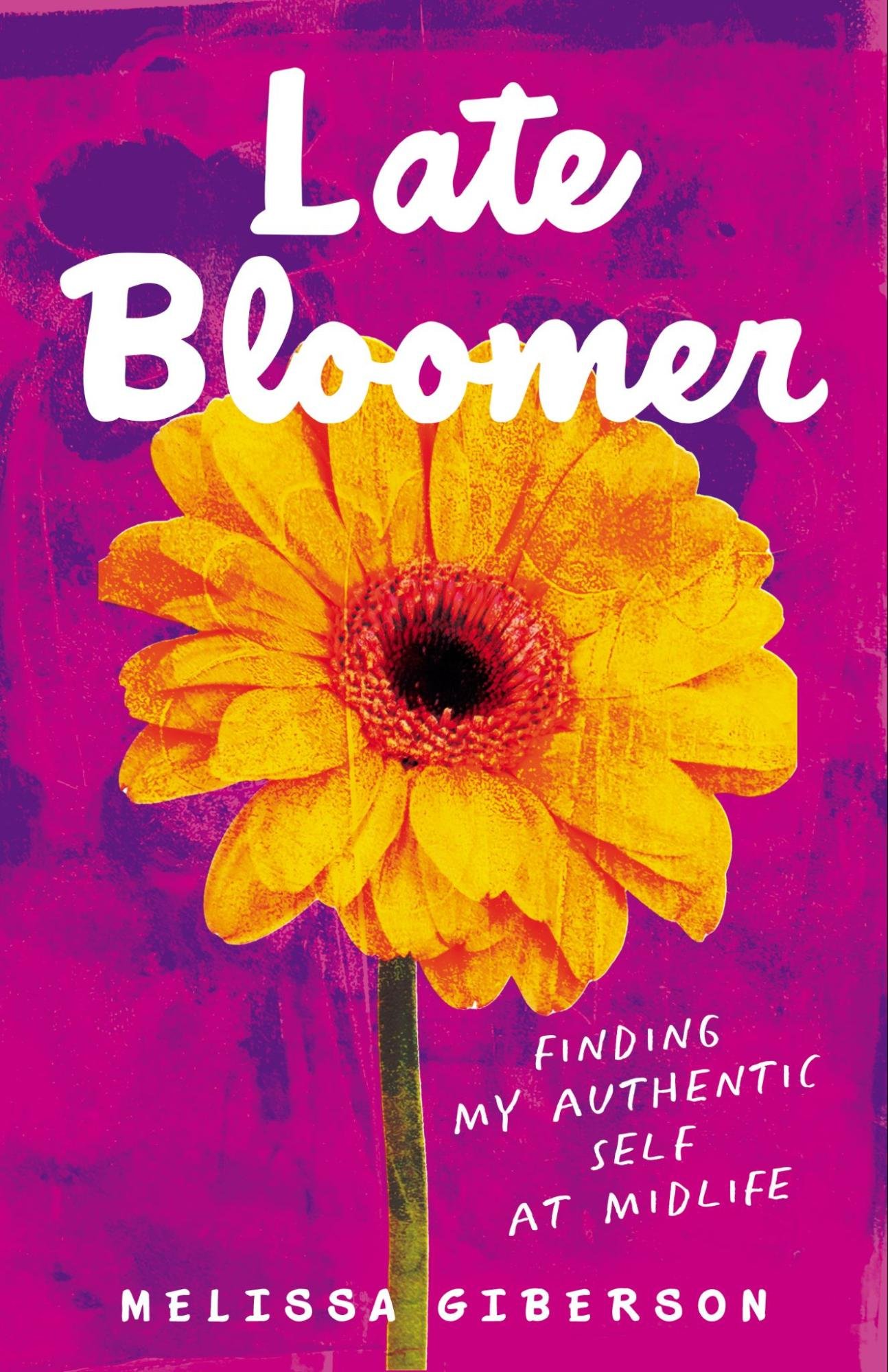Q&A with Melissa Giberson, Late Bloomer
/What was your main motivation for writing “Late Bloomer,” and what do you hope that readers will take away from reading it?
My motivation for writing Late Bloomer was born of the many times someone told me that my story was helpful to them. Early in my journey, women who were on the other side of their own journey showed up to help me and I want to do that for others as well. Writing a book enables me to reach more people. I hope readers come away from reading my book with the knowledge that they’re not alone – whether they’re just starting their journey or on the other side and hearing a story that resonates and validates their experience. I want people to know that there is an “other” side.
Your children were a primary concern for you when you decided to come out. What was it like to come out to your kids? How has your relationship with them changed and strengthened?
I was terrified of hurting my children, that they would hate me for changing their story. Telling them was the hardest thing I’ve ever done. It’s a challenging situation but I knew that not pursuing an authentic life would have hurt them because kids are intuitive. I had, and continue to have, wonderful adventures with my kids and because of everything we’ve been through, I work harder to make sure I always show up for them. I’m so proud of my kids and it’s my hope that I make them proud as well.
What was it like diving back into dating and dating women for the first time in your 40’s?
I didn’t do much dating before my ex and I became a couple (we were very young), so it didn’t feel like returning to dating in my forties, it felt like engaging in something entirely foreign to me. It was awkward and I didn’t like it but I also knew that I wanted to ultimately have the experience of being in a relationship with a woman. I learned by asking questions of a friend who was in a same-sex marriage and observing couples I met in the community.
How did the stigma of being a “late bloomer” in the queer community impact you? What was the rationale for titling the book after this stigma?
It was stunning the first time a woman said I was taboo, that women would run from me. I wasn’t prepared for the various types of discrimination that can exist within the LGBTQ community—that it was no different than any other ethnic, socioeconomic, or religious group in which members of the community may be deemed “less than” based on any number of variables. I have come to embrace being a late bloomer and want to celebrate that people come into their own aptitude, and self-awareness, at various times and in variable ways.
How did your Jewish identity impact your coming out? In what ways did that community support you?
My earliest supporters were Jewish and there was a sense of comfort in that, a common ground as I was struggling with planning for my daughter’s bat mitzvah, a major milestone for her at the beginning of my crisis. At a time when my world was undergoing such drastic change, having this one familiar thread was helpful. I was invited to attend services and events within the Jewish community and found solace in some of the teachings found in Judaism.
About Late Bloomer
Melissa Giberson is a middle-aged suburban wife and mother of two kids, solidly planted in the life she’s always wanted. Yet she longs for something more—something she can’t quite put her finger on until, one day at the Y, she finds herself mesmerized by the sight of a naked woman and asks herself for the first time: Am I gay?
This revelation sends Melissa on a head-spinning journey of self-discovery, one that challenges everything she thinks she knows about herself, forces her to decide exactly how much she’s willing to risk for authenticity, and shakes the foundations of the family she’s fiercely determined to shield from the kinds of wounds she sustained during her own childhood. Torn between her desire to be true to herself and her desire to protect her children, she is consumed by fear and conflicting emotions—and when her husband unexpectedly serves her divorce papers, her confusion only deepens.
Adrift in uncharted waters, Melissa finds fragments of understanding and peace in unexpected places—in a conference room in Israel, a small fishing village in Cape Cod, and at a yoga retreat center—that help her deconstruct her preconceptions about faith and identity and begin to construct a new framework for her life. Over the course of her ten-year journey, she finds hope, love, and more courage than she ever knew she was capable of, and she gradually assembles the puzzle that is her—the real her.
Grab your copy on Amazon
About Melissa Giberson
Melissa Giberson: Melissa is a native New Yorker who identifies as a late bloomer, a highly sensitive introvert, and proud mama bear to two children. An occupational therapist and writer, she has published articles in Kveller, Dorothy Parker’s Ashes, and Highly Sensitive Refuge. She received an Honorable Mention in the Memoirs/Personal Essays category of the 91st Annual Writer’s Digest Writing Competition and her essay, “Art is the Antidote,” appears in the anthology, Art in The Time of Unbearable Crisis (June, 2022). Melissa’s debut book, “Late Bloomer: Finding My Authentic Self at Midlife” (She Writes Press) comes out August, 2023. Melissa is living her authentic life with her partner and their two cats; together, they split their time between New Jersey and Provincetown, Massachusetts. Find out more at her website.















































